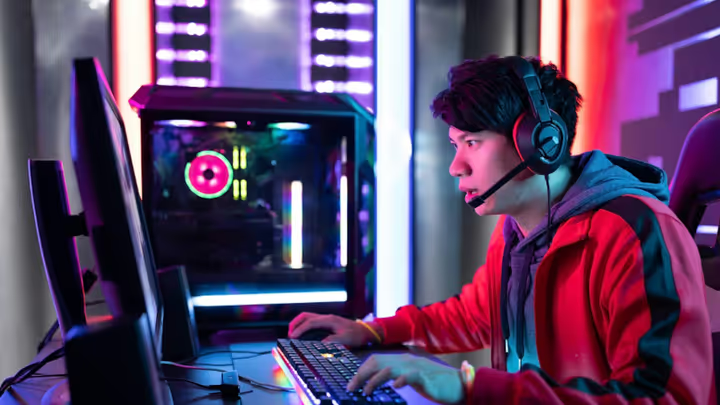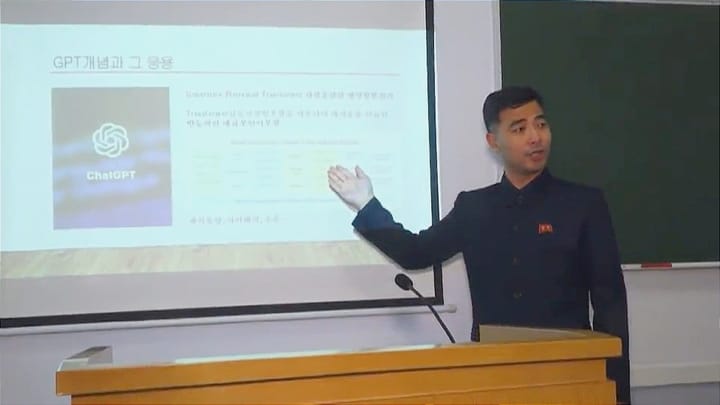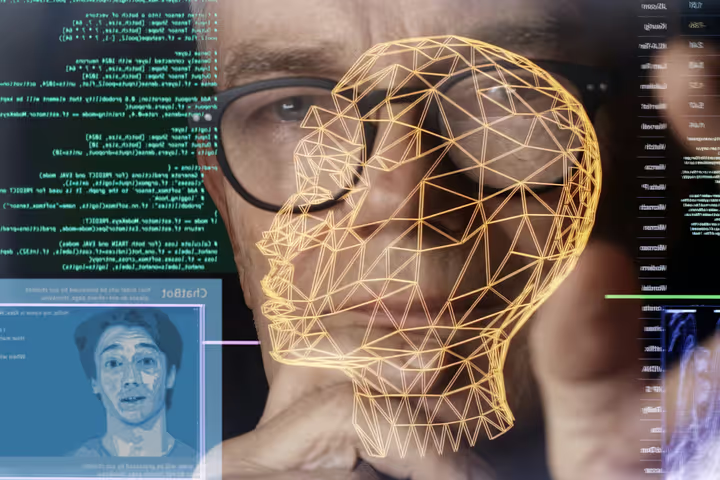Career Cannibalism: When Your Reskilled Role Trains the AI That Replaces You
Discover how reskilling may be fueling automation and leading to career cannibalism in the AI-driven workforce.

In today’s AI-fueled economy, reskilling has become the buzzword of corporate survival. But a deeper, more unsettling trend is emerging: the very training data generated by newly reskilled workers is feeding the algorithms designed to eventually automate their tasks. Welcome to the age of Career Cannibalism—where human effort becomes the recipe for replacement.
The Reskilling Paradox: A Short-Term Lifeline?
Governments and companies alike are investing billions in workforce transformation programs. A 2024 World Economic Forum report found that 60% of workers worldwide have undergone some form of reskilling due to AI integration. On paper, this is a proactive solution. In practice, it may be a stopgap—because the same workflows being retrained are now digitized, logged, and optimized by AI models.
Take customer service. Employees retrained to manage AI chatbots often end up labeling edge cases, improving prompt accuracy, or refining intent detection—all tasks that directly train the next-gen bots designed to do the job solo.
Training the Competition: The Data Feedback Loop
Every keystroke, correction, and workaround from a reskilled human becomes a powerful form of labeled data. This is not accidental; it’s by design. Companies like OpenAI and Google DeepMind rely heavily on Reinforcement Learning from Human Feedback (RLHF)—a process that takes human responses to help AI refine its behavior.
The result? The better you perform in your “new” AI-supportive role, the faster the AI can eventually mimic—and replace—you.
Who Owns the Skill Transfer?
The ethical concern here isn’t just job loss—it’s intellectual property. Are workers adequately informed that their interactions are being used to train proprietary models? Often, they aren’t. And in sectors like healthcare, finance, or education, this data includes sensitive, high-stakes knowledge that gives AI systems a competitive edge over the very professionals helping them grow.
The Inevitable Shift—or a Preventable One?
To be fair, not all reskilling leads to cannibalization. Roles that emphasize strategy, empathy, and ambiguity are far harder to automate. But the line is thinning. According to McKinsey, up to 30% of current work activities could be automated by 2030—even in knowledge-based industries.
The key lies in designing co-evolutionary roles—where humans and AI grow in tandem, not in replacement cycles. That means training programs must shift from “how to use AI tools” to “how to audit, supervise, and ethically integrate AI systems.”
Conclusion: Adapt Smarter, Not Faster
Career Cannibalism is a wake-up call, not a death sentence. The future of work doesn’t have to be a race against the machine—but it will be if we keep feeding it without protecting the feeder. Reskilling must evolve from a reactive tactic to a strategic redesign of human-AI collaboration.


